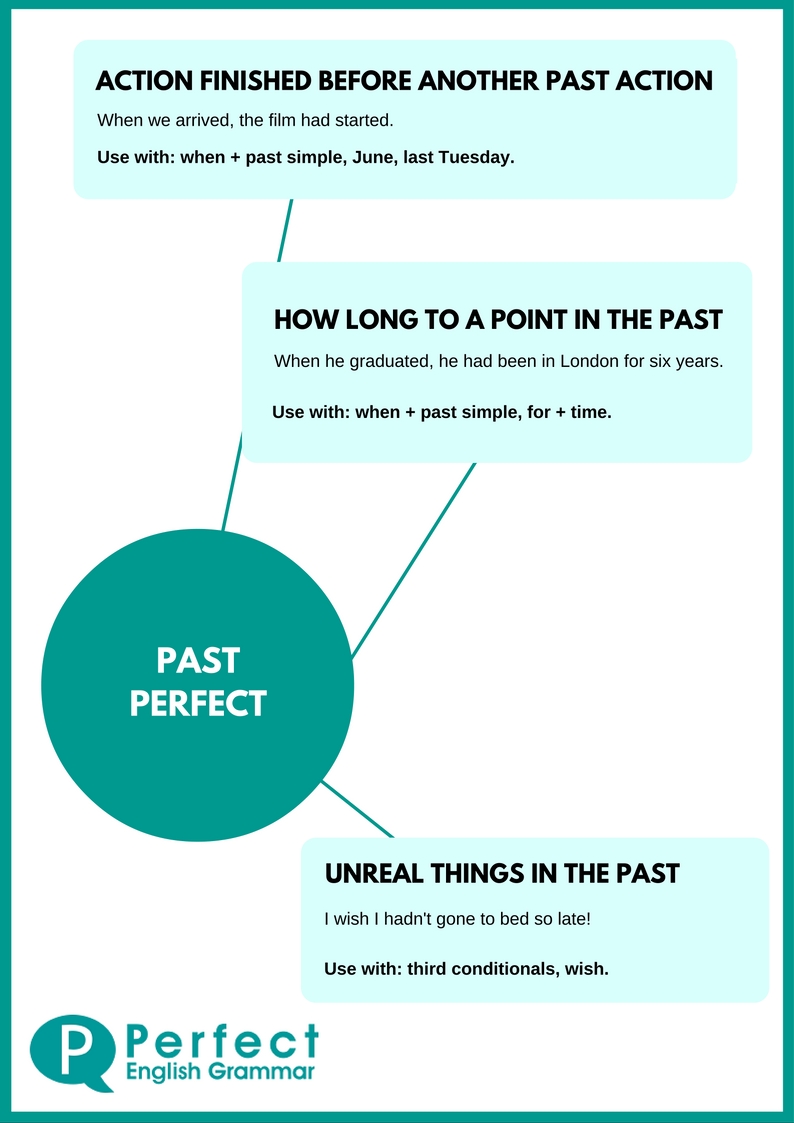Level: beginner
The present perfect is formed from the present tense of the verb have and the past participle of a verb.
We use the present perfect:
for something that started in the past and continues in the present:
They've been married for nearly fifty years.
She has lived in Liverpool all her life.
- when we are talking about our experience up to the present:
I've seen that film before.
I've played the guitar ever since I was a teenager.
He has written three books and he is working on another one.
We often use the adverb ever to talk about experience up to the present:
My last birthday was the worst day I have ever had.
and we use never for the negative form:
Have you ever met George?
Yes, but I've never met his wife.









